Settler violence ‘antithesis of Jewish values’, says Executive Council of Australian Jewry
Australia’s peak Jewish body has slammed ‘lawless’, violent elements of the West Bank settler movement, saying that its attacks on Palestinians were ‘completely antithetical’ to Jewish values.
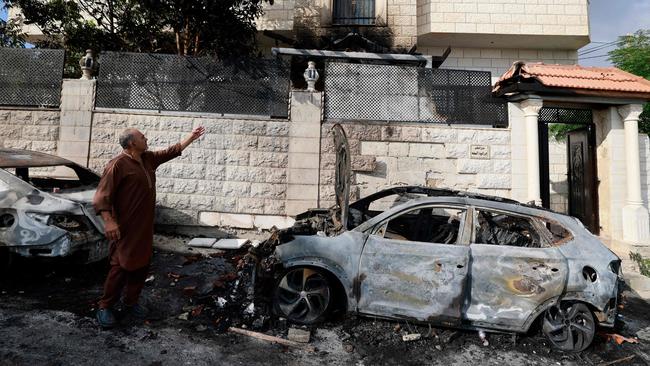
Australia’s peak Jewish body has slammed “lawless” and violent elements of the settler movement, saying that its recent attacks on Palestinians and their property in the West Bank were “completely antithetical” to Jewish values.
It is a significant step by the Executive Council of Australian Jewry, whose deputy president said that as Israel faced “grave threats” on multiple fronts amid an escalation of hostilities with Hezbollah, it would root out extremists and adhere to “principled means”, unlike the terror group.
The ECAJ’s resolution – passed unanimously at a committee of management meeting last week, composed of about 50 senior members of the council – joined Israeli President Isaac Herzog in condemning elements of the settler movement.
Members of Australia’s Muslim community welcomed the position, with prominent figure Jamal Rifi saying it showed that – in each community – leaders were trying to forge a route through tricky societal conditions.
“The ECAJ joins with Israel’s President Isaac Herzog and senior leaders of the Israeli government in condemning the recent lawless and provocative behaviour by elements of the settler movement in physically attacking Palestinians in the West Bank and destroying their property,” reads the motion, which was moved by the council’s deputy president, Robert Goot SC.
“Such conduct is criminal under Israeli law and is completely antithetical to Jewish values and the values upon which the State of Israel was founded.”
The motion criticised “inflammatory statements” by “extremist political and other elements” pertaining to Gaza and Palestinians, “which had contributed to the violence”.
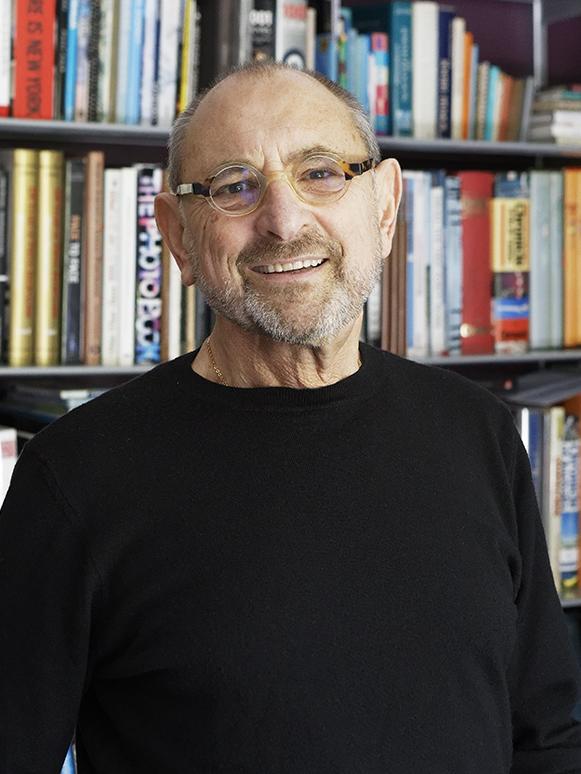
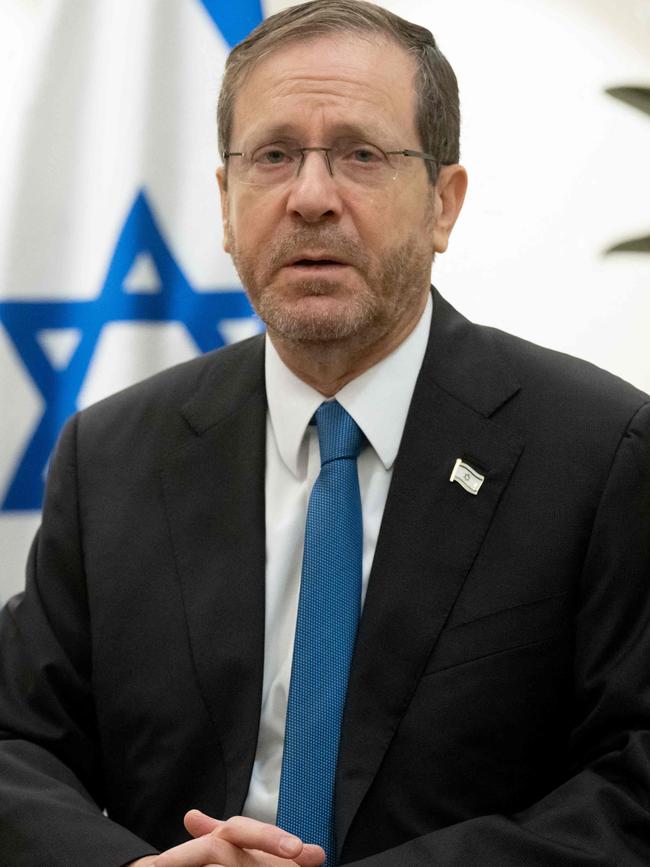
“We call upon the government, for the sake of justice and in the interests of Israel and Jewish people, to do all within its power to apprehend the perpetrators and deal with them according to law,” the motion states.
Israel’s President has condemned attacks in the West Bank that killed one Palestinian and left others injured, saying it was “not our way, and not the way of Torah and Judaism”, and the Albanese government in July imposed sanctions on settlers linked to attacks on Palestinians.
It comes as hostilities escalated between Israel and Hezbollah over the weekend.
The Israel Defence Forces said they had carried out pre-emptive strikes across southern Lebanon to thwart a large-scale rocket attack but Hezbollah said it managed to fire about 320 rockets and drones at Israel.
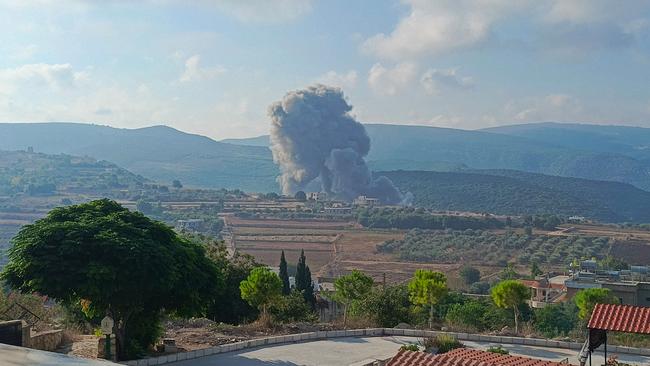
Mr Goot said that as Israel faced threats on multiple fronts, “and sought the understanding of the international community,” the “morality of its actions and citizens was paramount”.
“The totally unacceptable action of a minority of extremists can’t be allowed to weaken Israel at this critical time,” he said.
“Israel’s struggle against Iran, Hezbollah, Hamas and all those who seek its destruction and that of its Jewish population is principled and just.”
Mr Goot, however, said a “principled struggle” couldn’t be won by “unprincipled means”, backing the Israeli President’s condemnation and call to root out extremists.
“That (extremism) is a path that Israel must reject,” he said. “Israel will prevail by continuing to adhere to democratic values and the rule of law.”
Lebanese Muslim community leader Dr Rifi said that the ECAJ’s stance showed that there remained common ground.
“Although the Muslim and Jewish communities currently don’t see eye-to-eye on (many) things, we still agree on some things … there remains common ground that we as Australians can agree on,” he said.
Dr Rifi said he translated the motion into Arabic and shared it with his community, to showcase a point of agreement, which elicited warm responses.
“It is something to build upon,” he said. “The reaction from my community was encouraging … we can bring our communities together on points we agree on.”
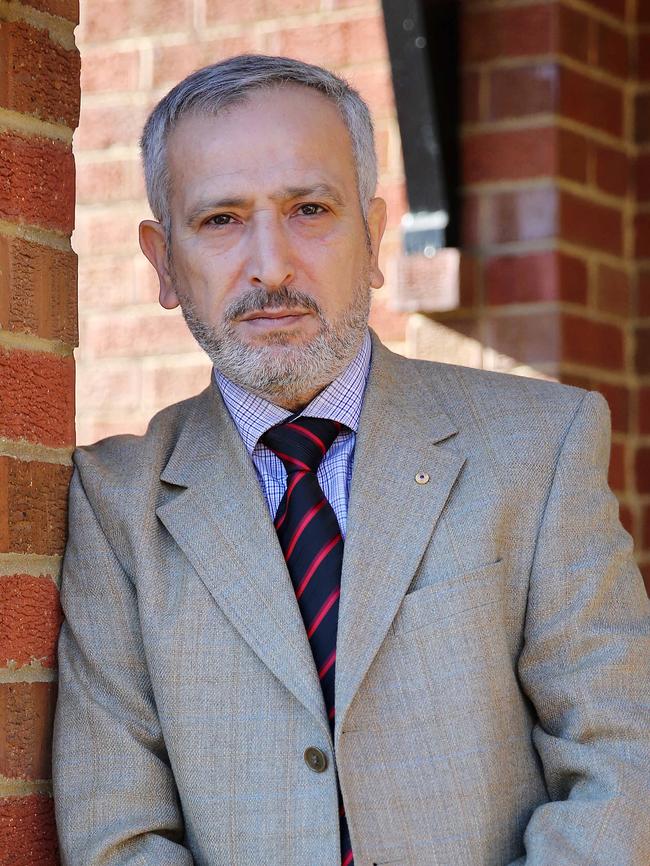
Other Muslim community members called the ECAJ’s “significant” stance “unprecedented” given fraying social harmony and interfaith entrenchment, exacerbated by the recent debate about visas for Gazans.
Dr Rifi said the settlers’ actions were not helping peace and the ECAJ’s stance aligned with the Albanese government’s position.
“I know that many in the Jewish community share my belief and hope of a two-state solution, and peace in the Middle East,” he said.
Dr Rifi said the escalation of hostilities between Israel and Hezbollah had left Australia’s Jewish and Lebanese communities “on edge” – his brother is Ashraf Rifi, a former minister and current Renewal Bloc MP in the Lebanese parliament – and that he hoped it would not mirror the 2006 war.
“I hope it will not translate into that… there is a perception that Hezbollah’s actions are not to benefit the Lebanese people but the Iran regime,” he said, drawing comparisons with the Netanyahu government putting itself over Israelis, to the detriment of each country’s citizens.
Dr Rifi said state and federal governments needed to be proactive in bridging intercommunity rifts to start the “healing process”.
“Diversity is important but unity in diversity even more so... Right now I can’t see that materialising,” he said.


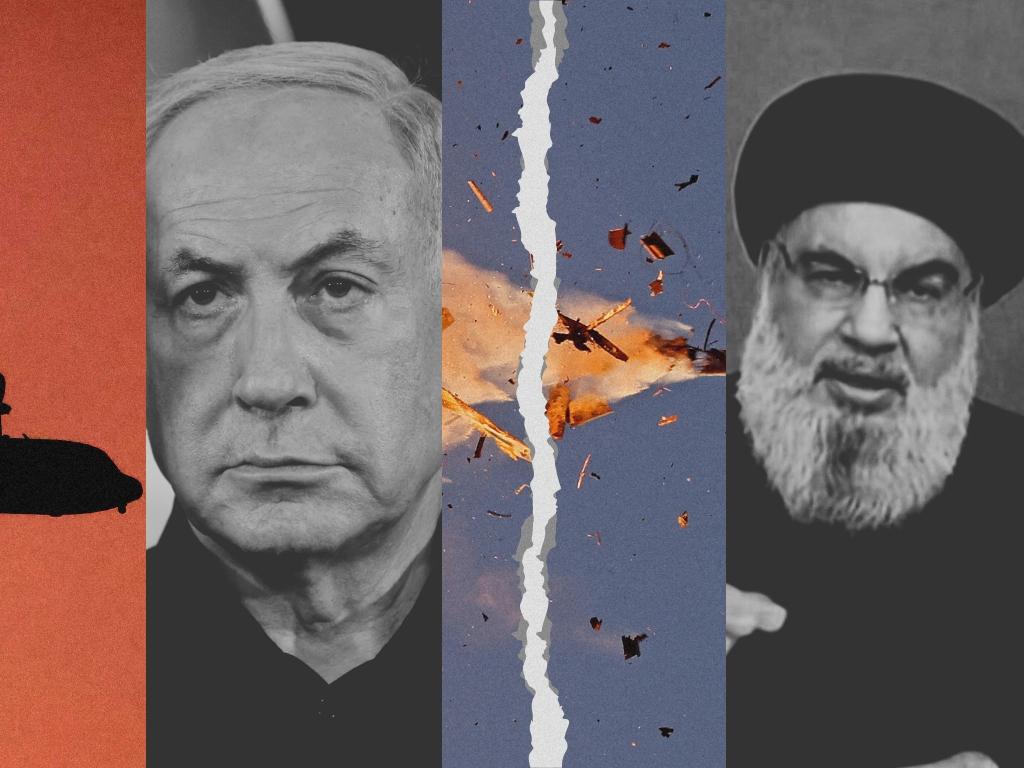
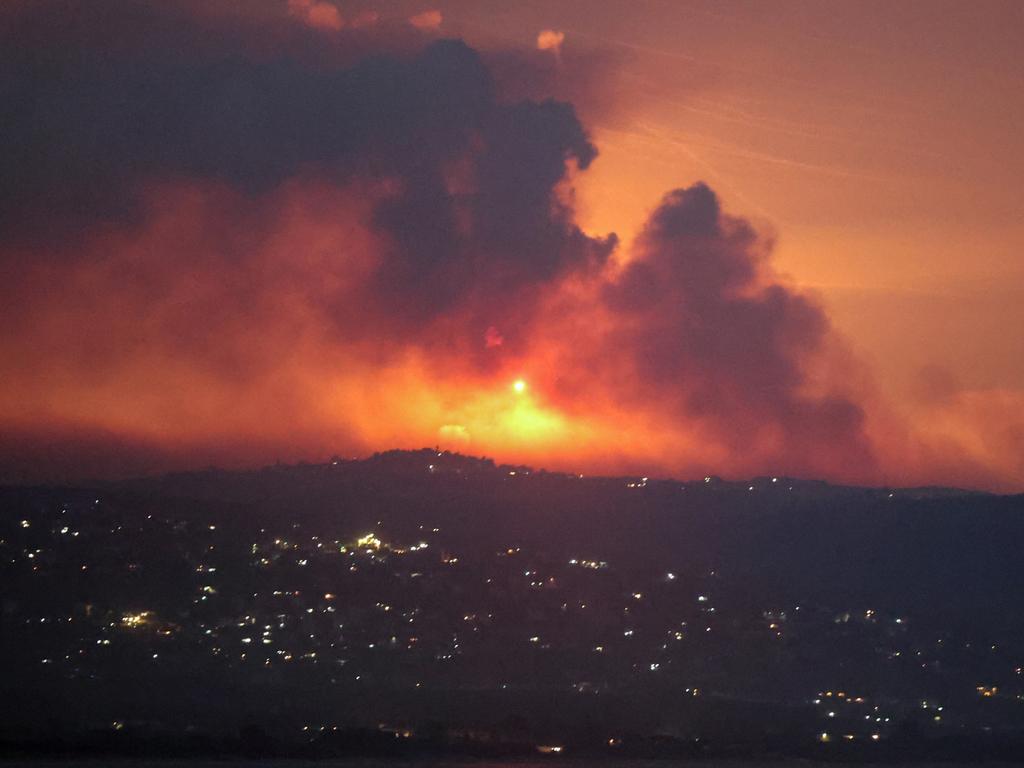
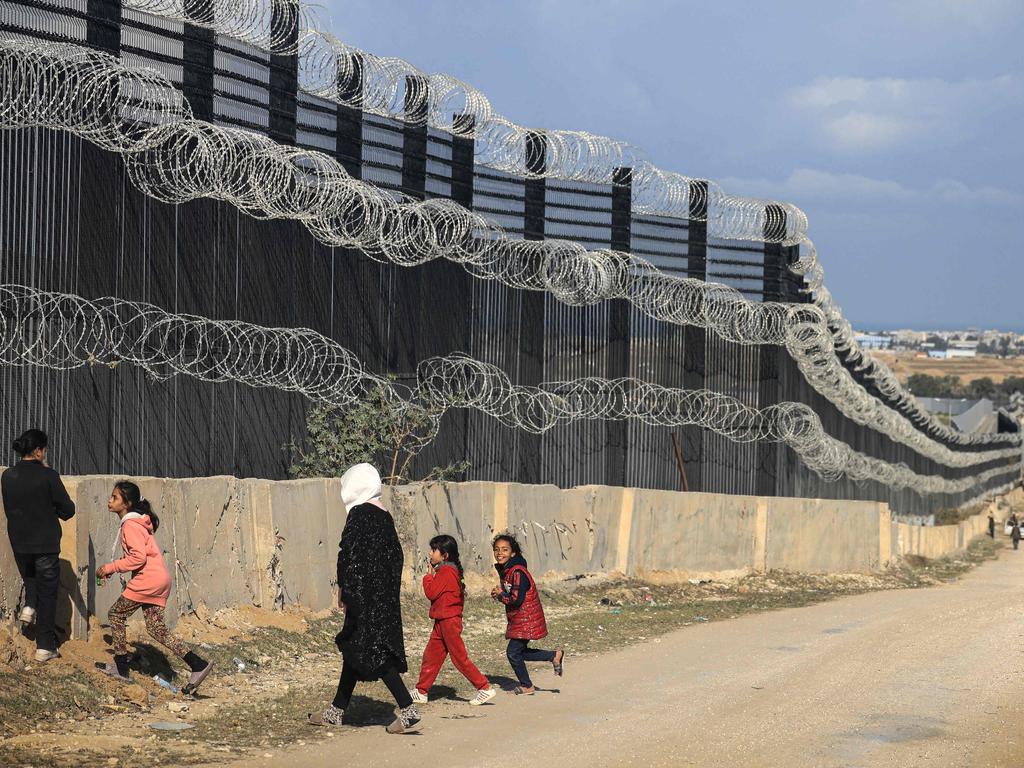
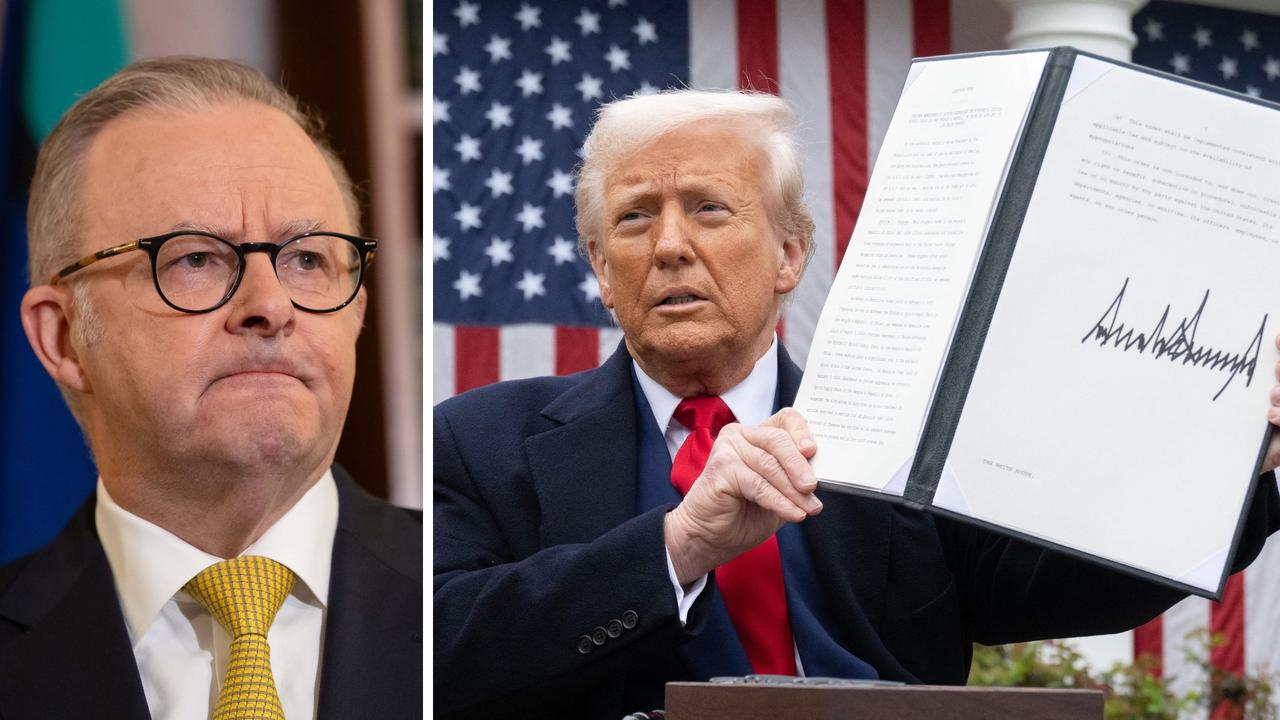
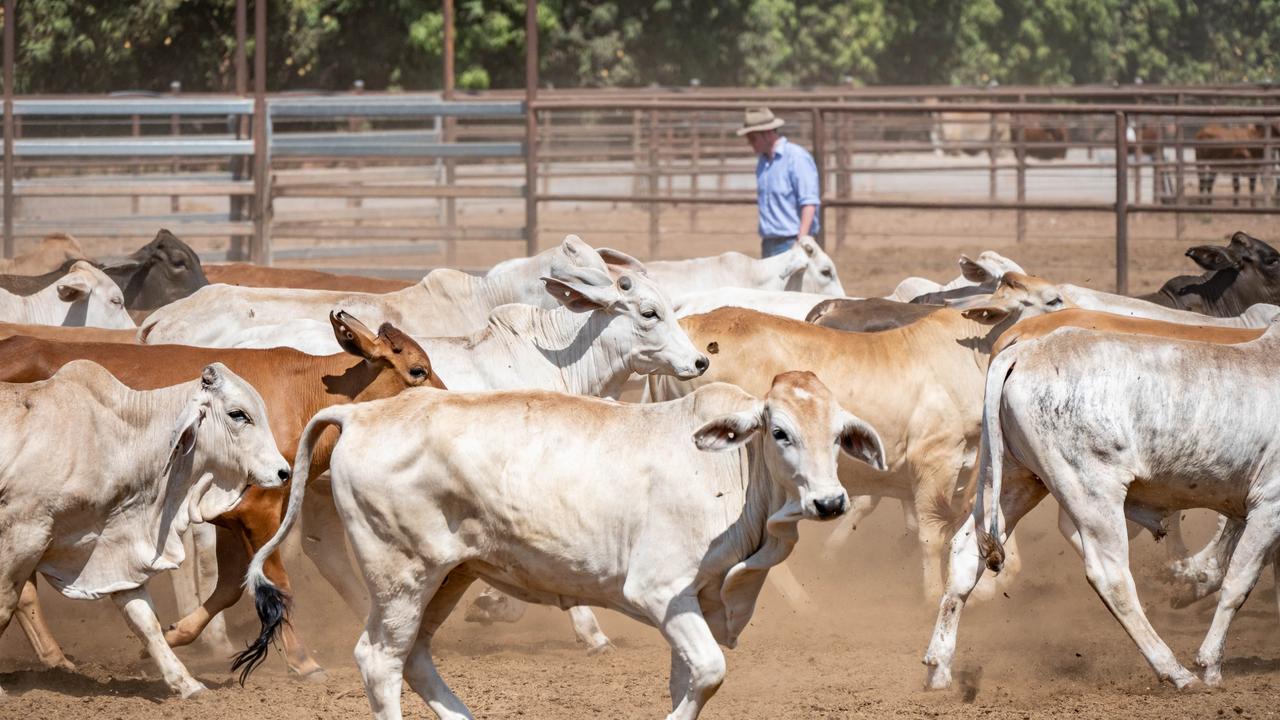
To join the conversation, please log in. Don't have an account? Register
Join the conversation, you are commenting as Logout